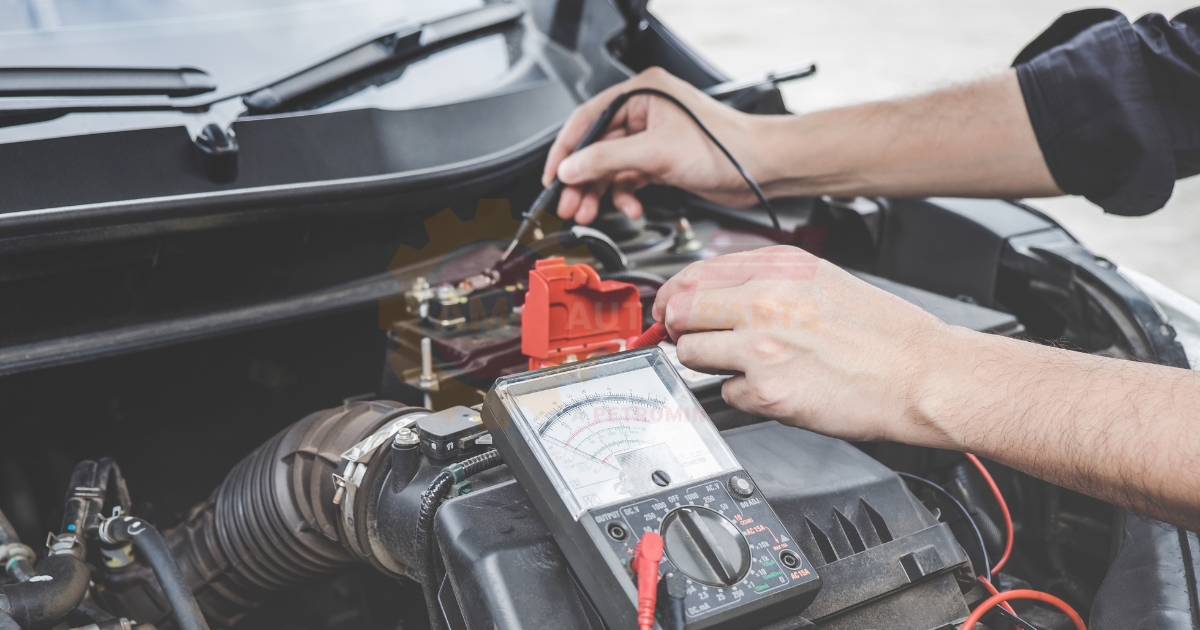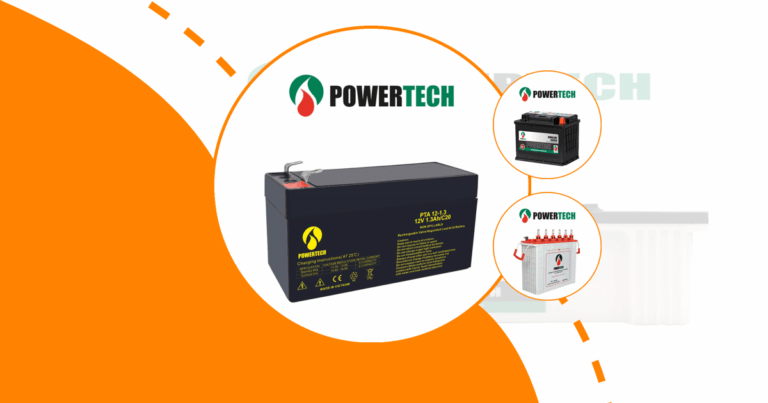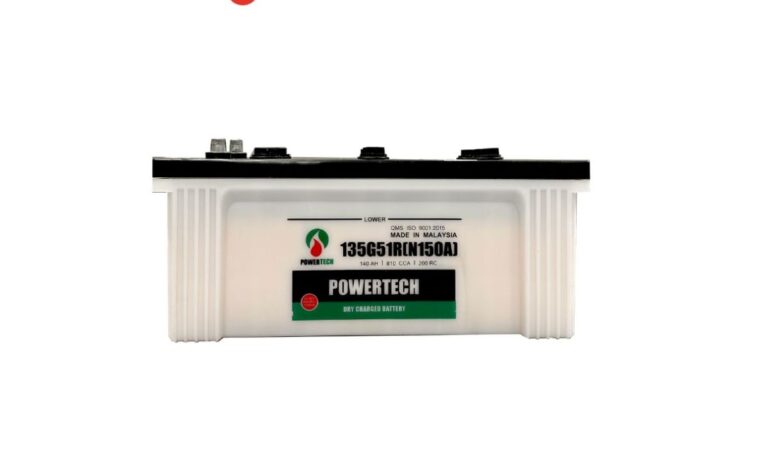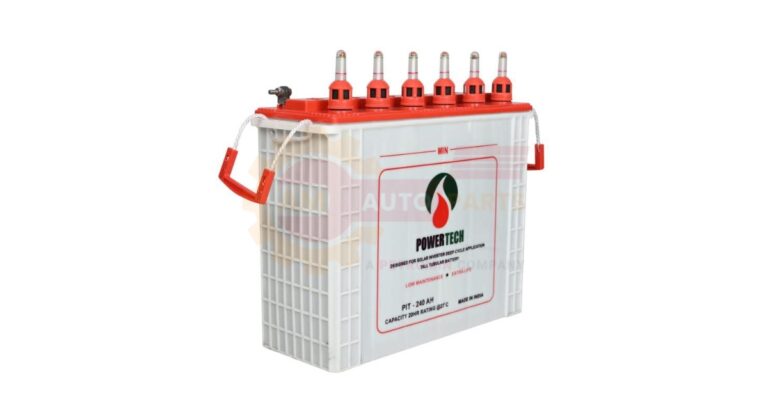How Long Does a Car Battery Take to Die, Charge, and Recharge?
Car battery lifespan and charging times can vary significantly based on several factors. These include the type of battery, the age of the battery, the vehicle’s electrical system, and environmental conditions. For instance, extreme temperatures can shorten battery life and affect charging efficiency.
- Battery Type : Lead-acid, AGM, and lithium-ion batteries have different lifespans and charging times.
- Battery Age : Older batteries tend to have shorter lifespans and take longer to charge.
- Vehicle’s Electrical System : A well-maintained electrical system can extend battery life.
- Environmental Conditions : Extreme heat or cold can accelerate battery wear and affect charging times.
Average Lifespan of Car Batteries
The average lifespan of a car battery is typically between 3 to 5 years. However, this can vary based on usage patterns and maintenance practices. Regularly checking the battery and ensuring it is properly charged can help extend its life.
- Lead-Acid Batteries : 3-5 years
- AGM Batteries : 4-7 years
- Lithium-Ion Batteries : 5-10 years
Typical Charging Times for Different Battery Types
Charging times can vary based on the type of battery and the charger used. For example, a standard lead-acid battery may take 4-12 hours to charge fully, while a lithium-ion battery can charge much faster.
- Lead-Acid Batteries : 4-12 hours
- AGM Batteries : 3-6 hours
- Lithium-Ion Batteries : 1-3 hours
How Long Does It Take for a Car Battery to Die?
Signs of a Dying Battery
Recognizing the signs of a dying battery can help you take action before it fails completely. Common signs include dimming headlights, slow engine crank, and the battery warning light on the dashboard.
- Dimming Headlights : Reduced brightness indicates a weak battery.
- Slow Engine Crank : Difficulty starting the engine is a key sign.
- Battery Warning Light : Illuminated dashboard light signals battery issues.
Factors That Accelerate Battery Drain
Several factors can accelerate battery drain, including leaving lights on, frequent short trips, and a faulty charging system. Understanding these factors can help you take preventive measures.
- Leaving Lights On : Drains the battery quickly.
- Frequent Short Trips : Prevents the battery from fully charging.
- Faulty Charging System : Causes the battery to drain faster.
Estimating Remaining Battery Life
Estimating the remaining life of your car battery can be done using a multimeter or a battery tester. These tools can measure the battery’s voltage and provide an estimate of its remaining life.
- Multimeter : Measures battery voltage.
- Battery Tester : Provides a more detailed analysis.
Charging a Dead Car Battery
Methods for Charging a Completely Dead Battery
Charging a completely dead battery can be done using a battery charger or by jump-starting the vehicle. Each method has its pros and cons.
- Battery Charger : Provides a slow, steady charge.
- Jump-Starting : Quick but requires another vehicle.
Safety Precautions When Charging a Dead Battery
Safety is paramount when charging a dead battery. Always wear protective gear, ensure the charger is off before connecting, and follow the manufacturer’s instructions.
- Wear Protective Gear : Gloves and goggles.
- Ensure Charger is Off : Before connecting to the battery.
- Follow Instructions : Manufacturer’s guidelines.
Time Required to Charge a Dead Battery
The time required to charge a dead battery depends on the charger and the battery’s capacity. On average, it can take anywhere from 4 to 24 hours.
- Slow Chargers : 12-24 hours
- Fast Chargers : 4-6 hours
How Long Does It Take to Charge a Car Battery? 
Charging Times with Different Charger Types
Different types of chargers have varying charging times. Linear chargers are slower, while multi-stage and trickle chargers offer more efficient charging.
- Linear Chargers : 12-24 hours
- Multi-Stage Chargers : 4-8 hours
- Trickle Chargers : Continuous, low-rate charging
Factors Affecting Charging Duration
Several factors can affect how long it takes to charge a car battery, including the battery’s state of charge, the charger’s output, and ambient temperature.
- State of Charge : Partially charged batteries take less time.
- Charger Output : Higher output chargers are faster.
- Ambient Temperature : Extreme temperatures can slow down charging.
Optimal Charging Practices
To ensure your battery charges efficiently and safely, follow optimal charging practices. This includes using the right charger, avoiding overcharging, and charging in a well-ventilated area.
- Use the Right Charger : Match the charger to the battery type.
- Avoid Overcharging : Disconnect once fully charged.
- Well-Ventilated Area : Prevents overheating.
Recharging a Car Battery After Jump-Starting
Recommended Driving Time After a Jump-Start
After jump-starting your car, it’s recommended to drive for at least 20-30 minutes to allow the alternator to recharge the battery.
- Minimum Driving Time : 20-30 minutes
- Highway Driving : More effective for recharging
Using a Charger vs. Driving to Recharge
While driving can recharge the battery, using a charger is often more effective and safer, especially if the battery is severely depleted.
- Using a Charger : More controlled and effective.
- Driving : Convenient but less efficient.
Monitoring Battery Health Post-Jump-Start
After a jump-start, it’s crucial to monitor the battery’s health. Check for any signs of weakness and consider getting a professional battery test.
- Check for Weakness : Slow starts, dim lights.
- Professional Test : Ensures battery health.
Types of Battery Chargers and Their Charging Times
Linear Battery Chargers
Linear battery chargers provide a constant voltage and are generally slower. They are suitable for overnight charging.
- Charging Time : 12-24 hours
- Usage : Overnight charging
Multi-Stage Chargers
Multi-stage chargers offer faster and more efficient charging by adjusting the voltage and current throughout the charging process.
- Charging Time : 4-8 hours
- Usage : Efficient and quick charging
Trickle Chargers
Trickle chargers provide a continuous, low-rate charge, making them ideal for maintaining battery charge over long periods.
- Charging Time : Continuous
- Usage : Battery maintenance
Preventing Premature Battery Drain 
Common Causes of Battery Drain
Understanding common causes of battery drain can help you take preventive measures. These include leaving lights on, faulty electrical components, and extreme temperatures.
- Leaving Lights On : Drains the battery quickly.
- Faulty Electrical Components : Cause continuous drain.
- Extreme Temperatures : Accelerate battery wear.
Tips for Extending Battery Life
To extend your battery’s life, follow these tips: regularly check the battery, avoid short trips, and keep the battery terminals clean.
- Regular Checks : Monitor battery health.
- Avoid Short Trips : Ensure the battery fully charges.
- Clean Terminals : Prevent corrosion.
Regular Maintenance Practices
Regular maintenance can significantly extend your battery’s lifespan. This includes checking the electrolyte levels, ensuring proper charging, and inspecting for any signs of wear.
- Check Electrolyte Levels : Maintain proper levels.
- Ensure Proper Charging : Use the right charger.
- Inspect for Wear : Look for cracks or leaks.
When to Replace Your Car Battery
Signs It’s Time for a New Battery
Knowing when to replace your car battery can prevent unexpected breakdowns. Signs include slow engine crank, frequent jump-starts, and a swollen battery case.
- Slow Engine Crank : Difficulty starting the car.
- Frequent Jump-Starts : Indicates a weak battery.
- Swollen Battery Case : Sign of internal damage.
Average Battery Replacement Intervals
On average, car batteries should be replaced every 3-5 years. However, this can vary based on usage and maintenance.
- Lead-Acid Batteries : 3-5 years
- AGM Batteries : 4-7 years
- Lithium-Ion Batteries : 5-10 years
Choosing the Right Replacement Battery
When replacing your car battery, choose one that matches your vehicle’s specifications. Consider factors like battery type, size, and cold cranking amps (CCA).
- Battery Type : Lead-acid, AGM, or lithium-ion.
- Size : Ensure it fits your vehicle.
- Cold Cranking Amps (CCA) : Match your vehicle’s requirements.
What Causes a Battery to Go Flat?
A battery can go flat due to several reasons, including leaving lights on, a faulty alternator, or extreme temperatures. Regular maintenance can help prevent this.
Is It Better to Charge the Battery or Jump-Start the Car?
Charging the battery is generally better as it provides a more controlled and thorough charge. Jump-starting is a quick fix but may not fully charge the battery.
How Long Does It Take to Charge a Car Battery with a 12-Volt Charger?
Charging a car battery with a 12-volt charger typically takes 4-12 hours, depending on the battery’s state of charge and the charger’s output.
Can You Overcharge a Car Battery?
Yes, overcharging a car battery can cause damage and reduce its lifespan. Always use a charger with an automatic shut-off feature to prevent overcharging.
DIY Battery Charging vs. Professional Services
Pros and Cons of DIY Charging
DIY battery charging can be cost-effective and convenient, but it requires knowledge and the right equipment. Professional services offer expertise but can be more expensive.
- Pros : Cost-effective, convenient.
- Cons : Requires knowledge, risk of improper charging.
When to Seek Professional Help
Seek professional help if you’re unsure about the charging process, if the battery shows signs of severe damage, or if the battery doesn’t hold a charge after DIY attempts.
- Unsure About Process : Avoid risks.
- Severe Damage : Professional assessment needed.
- Battery Doesn’t Hold Charge : Indicates deeper issues.
Cost Comparison of DIY vs. Professional Services
DIY charging is generally cheaper, costing only the price of the charger. Professional services can be more expensive but offer peace of mind and expertise. Battery voltage measurement Automotive cell creation involves making special batteries for electric cars These batteries are designed to power vehicles and help them run without gasoline
Jump start battery helps start a car when its own battery is dead It gives a quick boost of power to get the engine running again Battery capacity measurement
Automotive power essentials are the key parts that make cars run and move These include the engine battery and fuel system that give vehicles their power Battery health percentage
Automotive electrical measurement helps check if car parts that use electricity are working right It uses special tools to test things like batteries wires and lights in vehicles Jumpstart dead battery is a quick way to get your car running again when the battery is out of power You can use special cables to connect your car’s dead battery to another car’s working battery to bring it back to life
Automotive energy solutions help cars and trucks use different types of power to run These solutions include electric batteries hydrogen fuel cells and more efficient engines for vehicles
- DIY Charging : Cost of charger.
- Professional Services : Higher cost, includes expertise.
Innovations in Car Battery Technology
Advanced Battery Materials
Innovations in battery materials, such as lithium-ion and solid-state batteries, offer longer lifespans and faster charging times compared to traditional lead-acid batteries.
- Lithium-Ion : Longer lifespan, faster charging.
- Solid-State : Higher energy density, safer.
Smart Charging Systems
Smart charging systems automatically adjust the charging rate based on the battery’s condition, ensuring optimal charging and extending battery life.
- Automatic Adjustment : Based on battery condition.
- Optimal Charging : Extends battery life.
Future Trends in Automotive Battery Tech
Future trends in automotive battery technology include the development of ultra-fast chargers, wireless charging, and more sustainable battery materials.
- Ultra-Fast Chargers : Reduce charging time significantly.
- Wireless Charging : Convenience and ease of use.
- Sustainable Materials : Environmentally friendly options.
Frequently Asked Questions (FAQs)
Can a Completely Dead Battery Be Recharged?
Yes, a completely dead battery can often be recharged using a battery charger. However, the effectiveness depends on the battery’s age and condition.
Is It OK to Charge a Car Battery While Still Connected?
Yes, it is generally safe to charge a car battery while it is still connected to the vehicle. However, ensure the charger is compatible and follow safety guidelines.
Do Car Batteries Charge While Idling?
Yes, car batteries do charge while the engine is idling, but the charging rate is slower compared to driving at higher speeds.
How Long Does a Car Have to Run to Charge a Dead Battery?
A car typically needs to run for at least 20-30 minutes to charge a dead battery sufficiently. However, using a charger is more effective for a full charge.
How Long Does It Take to Recharge a Car Battery After Starting?
Recharging a car battery after starting typically takes 20-30 minutes of driving. However, using a charger is more effective for a full recharge.
What is the Difference Between AWD, 4WD, and 4×4?
AWD (All-Wheel Drive) provides power to all wheels automatically, 4WD (Four-Wheel Drive) can be manually engaged for off-road conditions, and 4×4 is a type of 4WD system.
How Long Should a Car Battery Hold a Charge When Not in Use?
A car battery should hold a charge for at least two weeks when not in use. Regularly starting the car or using a trickle charger can help maintain the charge.
Can Extreme Temperatures Affect Battery Charging Time?
Yes, extreme temperatures can significantly affect battery charging time. Cold temperatures slow down the chemical reactions, while high temperatures can cause overheating.






